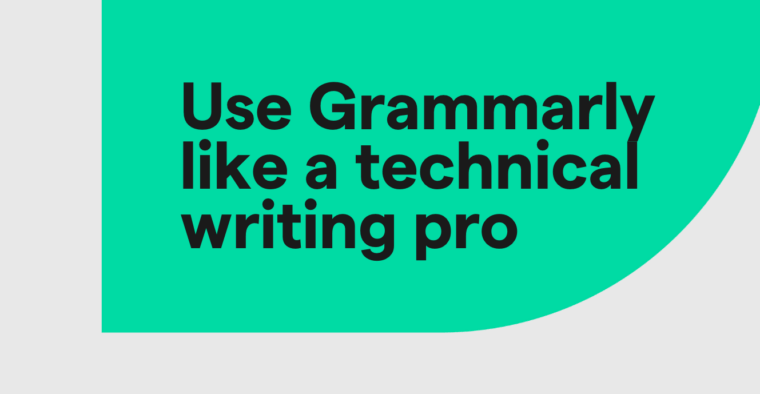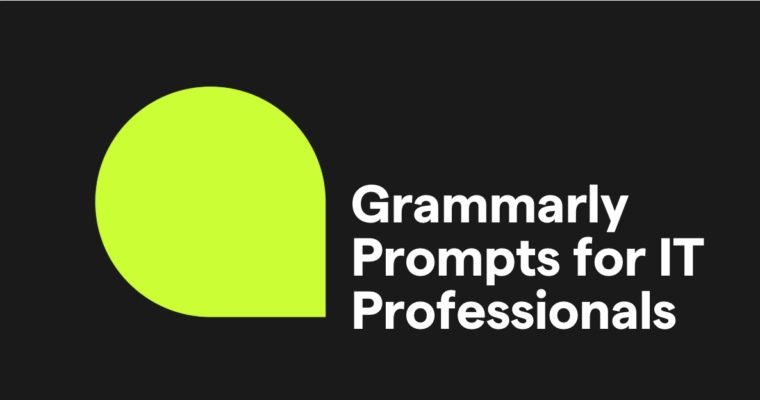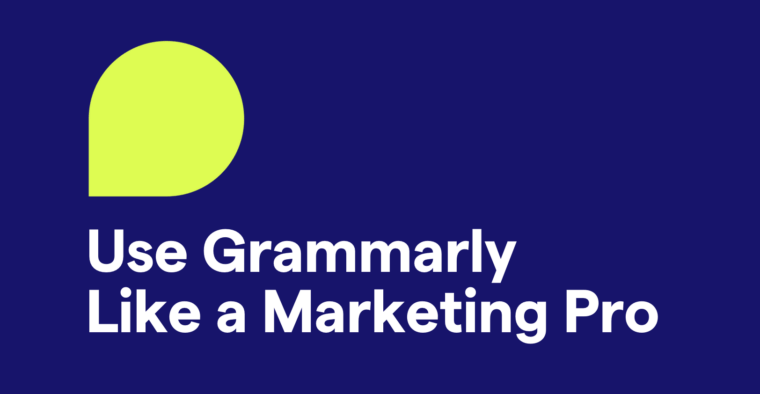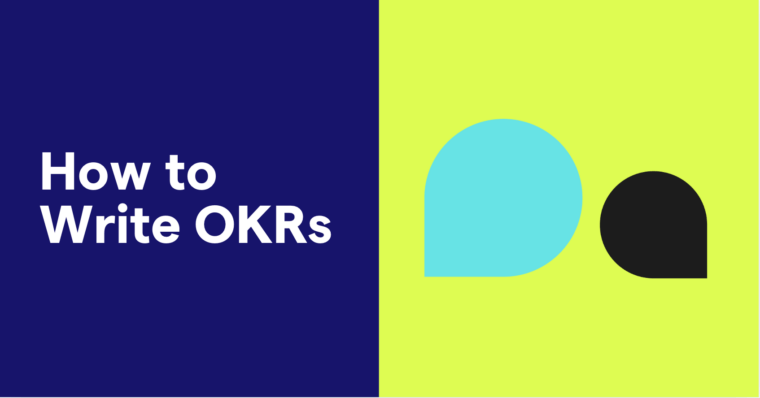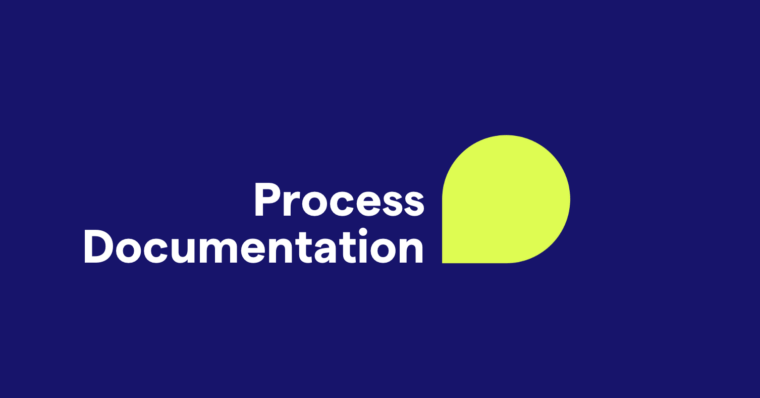
You’re sitting in a reception area, dressed in a carefully chosen outfit. You’re showered and polished. Your hair is perfect. Your hands are manicured. Now, if only your palms would stop sweating!
Few things are quite as unnerving as job interviews. You approach them knowing that unless you match the employer’s expectations you’re not going to land that sweet gig. Fortunately, there are plenty of things you can do to ensure you’ll make a good impression when the stakes are high.
Introduce yourself in a professional way
First impressions start here, so make sure you get it right. Your next career move could well begin with a hello and a handshake. In the reception area, introduce yourself.
When you meet the person who’ll be interviewing you, extend a hand, say hello, and introduce yourself again.
Make sure you’ve done your homework up front
The single best thing you can do to ace an interview is to conduct some research ahead of time. Learn as much as you can about the company you’re interviewing with. Visit their website and look for things like a careers or culture page. Scan their social media accounts to get a feel for their brand voice. Visit Glassdoor to see what employees are saying about them, which might give you more culture clues as well as insight into their strengths and challenges. When you’re armed with information, you’ll feel less vulnerable, and when the time comes, you’ll be able to demonstrate your insight into the company.
Answer the dreaded “Tell me about yourself” with style
There’s no more open-ended question than the one every job seeker loves to hate—“Tell me about yourself.” How do you project an image of confidence without arrogance? Do you mention anything personal or stick to business?
It’s a good idea to prepare your answer to this question ahead of time. It’s often used as an ice-breaker, so go ahead and begin with a few bits of personal information.
Make sure you avoid politics or anything potentially controversial. Even relating something like your enthusiasm for hunting can go wrong if you come across an interviewer who’s opposed to the practice. By all means, be interesting—if you have an unusual hobby like paragliding or snake charming, make yourself memorable by sharing it. (Well, maybe hold off on sharing the snake charming thing. You don’t want to come off as that much of a risk taker.)
Don’t dwell on the personal for more than a couple of beats. Segue into talking about your professional life.
Don’t overdo it. Before the interview, consider three or four personality assets or skills you believe the hiring manager will value. Outline them briefly. (Remember that the interviewer can always ask more questions if one of your points intrigues her.)
Be concrete. Show how your skills have made a difference in your professional life. But also, be concise. Nattering on about your talents for too long can make you seem arrogant or self-absorbed.
Be prepared to take charge of the interview
Interviewers may be in positions of power, but that doesn’t mean most are good at interviewing. In fact, many interviewers struggle with it. They overestimate their intuitive sense of you and make snap judgments. They may overvalue things like how articulate you are, your assertiveness, and even your technical chops without really asking the questions that will determine how fit you are for the position.
If the interviewer isn’t asking the right questions and assessing you in a way that lets you show your best angles, be prepared to step in and demonstrate your strengths.
Most interviewers ask questions unrelated to real job requirements. As the person being interviewed, you need to take control to ensure you’re being evaluated properly. This starts by asking the person to describe the job in terms of real objectives and challenges. Then you need to describe work you’ve done that’s most related.
Preparation is the key to knocking your interview out of the park. Take time to rehearse your answers to popular interview questions. Stay positive, smile, and try to relax. You’ve got this!
![]()

